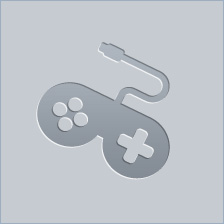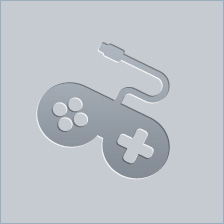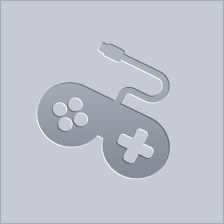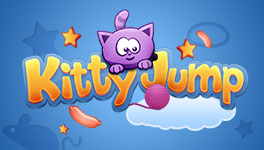Heck Deck review

There are a lot of key ingredients to make a run-based game work, but one of the most important ones is making sure your game is exciting to restart. Despite a lot of really neat ideas (and a killer soundtrack), the deck-based bullet hell action of Heck Deck always manages to deflate my enthusiasm for it every time I'm faced with defeat, which limits my ability to enjoy all of the neat stuff going on in it.


Put hell on hold
In Heck Deck, you play as a little wisp of a ghost tasked with defeating all kinds of abstract enemies in a levels that could be described as "bullet hell" arenas. You have a top-down view of the action and can steer your ghost anywhere within the confines of the arena on your screen, all the while enemies drop into the arena firing projectiles at you that you have to dodge while returning fire to defeat them.
There's a few twists at play here, though. First and foremost, Heck Deck's action only moves whenever you decide to move your ghost. If you lift your finger off the screen, everything in the game stops, allowing you to carefully survey the field and plan out maneuvers. The second biggest curveball here is that all enemy projectiles are actually cards, and when you hit them you collect them into a hand which serves as your own arsenal. You also take damage, so the key of the game is about carefully taking hits to stay armed while also being careful to heal and dodge effectively.
Steady hand of death
Heck Deck would be completely unmanageable without giving players the chance to stop moving to pause everything, but this solution also makes for a game with an incredibly plodding pace. Even with a perfect hand for dealing with enemies, full levels feel like they take forever because of the slo-mo mechanic. In any given session with the game, you spend the vast majority of your time dodging and waiting for card cooldowns (another delaying mechanic which controls how quickly you can play cards).
As a result, there's just entirely too much downtime in Heck Deck. In early levels, you can (and have to) mostly go around in circles, waiting for the cards you want or waiting for your card cooldowns to end. This eventually becomes part of the game's challenge, but the first couple levels really feel like filler since these arenas hardly fill with tons of enemies or lots of projectiles.


Coming back from the dead
When you are in the thick of a deep run in Heck Deck, almost nothing I mentioned above feels like a huge problem. Dodging gets more challenging (and therefore satisfying) in later stages, and mixing up your arsenal while managing your health becomes more meaningful as the variety of card options and their effects broadens. This all changes as soon as you die, though.
Death feels incredibly punishing because of how slow the game takes to ramp up to satisfying levels of difficulty. To be fair, you don't always have to start runs of Heck Deck at the beginning, but the game's checkpoint mode doesn't grant any achievements or unlocks of any kind, so it feels more like an add-on for folks who complete the game rather than a tool for anyone looking to see their way to the end of the experience while avoiding the soul-crushing feeling of starting from scratch.
The bottom line
Heck Deck has a lot of neat ideas going on, but their implementation within a run-based design makes for a game that feels overly punishing. It simply isn't exciting to start the game anew when you die. For a game that is built around replayability, this is a huge problem. Heck Deck is very cool and fun in a lot of respects, but this core design problem makes me want to put it down more often than not.


















